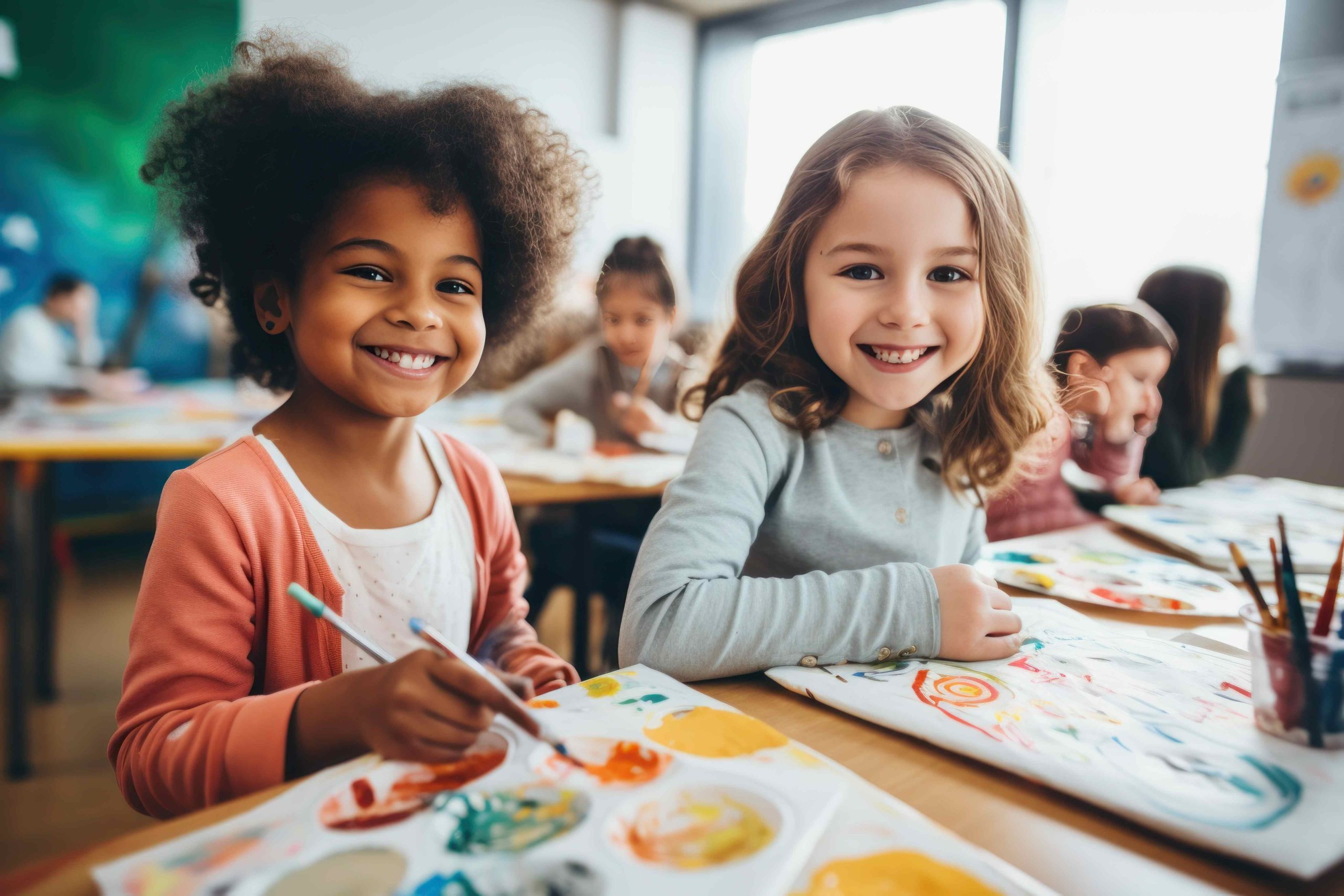
The Foundations of Montessori Education: What 4-Year-Olds Learn in Montessori
The Montessori method of early childhood education has gained recent popularity due to its distinctiveness and success. This method prioritizes independence, self-directed learning, and experiential learning. But what exactly do 4-year-olds learn in Montessori?
Academic and Personal Development
In Montessori classes, 4-year-olds engage in a variety of activities aimed at fostering both intellectual and personal growth. For example, they use Montessori tools such as the spindle boxes or the golden beads to learn counting and basic mathematics. Additionally, they explore maps, puzzles of the continents, and cultural items to gain knowledge about geography and different cultures.
Life Skills and Social Development
However, Montessori education goes beyond academics. It places a strong emphasis on developing lifelong skills and a sense of self-actualization in preschoolers, rather than focusing solely on academic achievements. Life skills such as effective communication and understanding others are crucial for long-term growth. In Montessori classrooms, 4-year-olds practice social skills through group work, turn-taking, and expressing their needs. They also engage in practical life activities like pouring water or using scissors, enhancing fine motor skills and self-care habits.
Personalized Learning and Love for Learning
One of the hallmarks of Montessori education is personalized learning. Teachers tailor lessons and activities to each child’s unique needs and interests, allowing them to progress at their own pace without feeling rushed or held back. This approach nurtures a love for learning and empowers preschoolers to take charge of their education.
Key Differences from Traditional Classrooms
Montessori education differs significantly from traditional classrooms in several aspects. Unlike traditional settings where all students are expected to progress at the same rate, Montessori classrooms focus on individualized learning and hands-on exploration. Teachers in Montessori classrooms act as guides, encouraging independence and self-directed learning rather than being the primary source of knowledge.
The classroom environment in Montessori settings is designed to be open and inviting, with a range of learning resources accessible for children to explore. Emphasis is placed not only on academic learning but also on holistic development, including social, emotional, and practical life skills.
Benefits Beyond Academics
The holistic approach of Montessori education extends beyond academic success. It fosters independence, creativity, emotional intelligence, social skills, and a love for learning. Preschoolers benefit from a personalized learning experience that empowers them to grow into well-rounded individuals prepared for future challenges.


